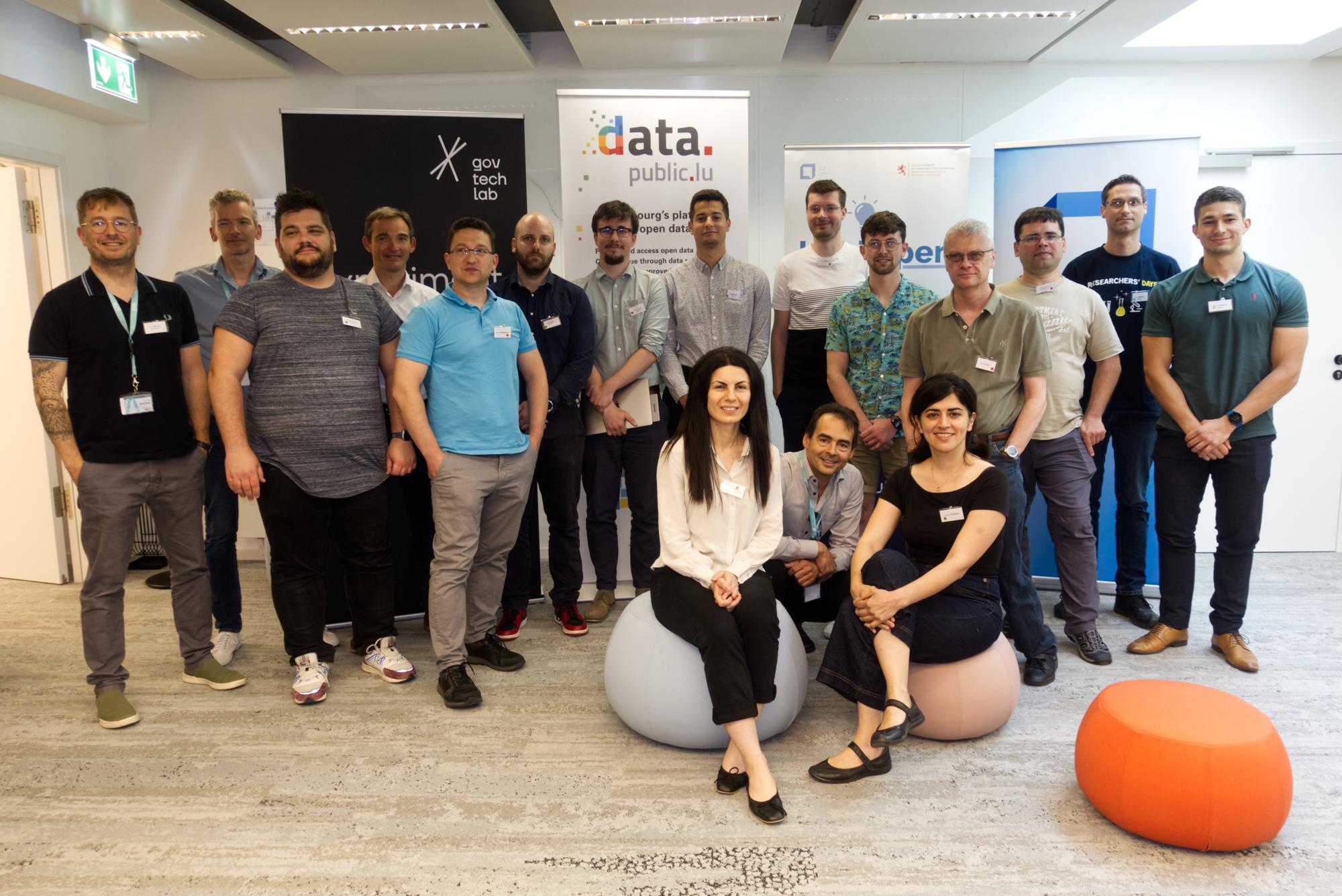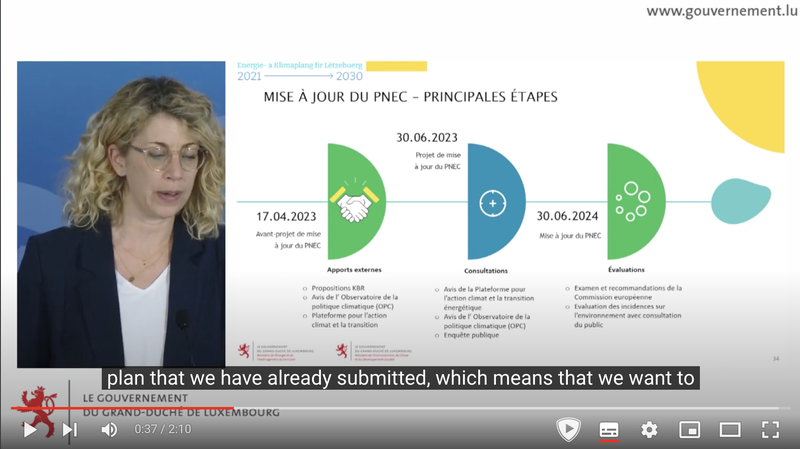Lëtzebuerger Online Dictionnaire (LOD) - Public API
Par Zenter fir d'Lëtzebuerger Sprooch
The data from the Lëtzebuerger Online Dictionnaire (LOD) is now available via a REST API, allowing you to retrieve data using a whole range of different criteria.
Qualité des métadonnées :
Description des données renseignée
Fichiers documentés
Licence renseignée
Fréquence de mise à jour respectée
Formats de fichiers standards
Couverture temporelle non renseignée
Couverture spatiale non renseignée
Mis à jour le 24 décembre 2025











